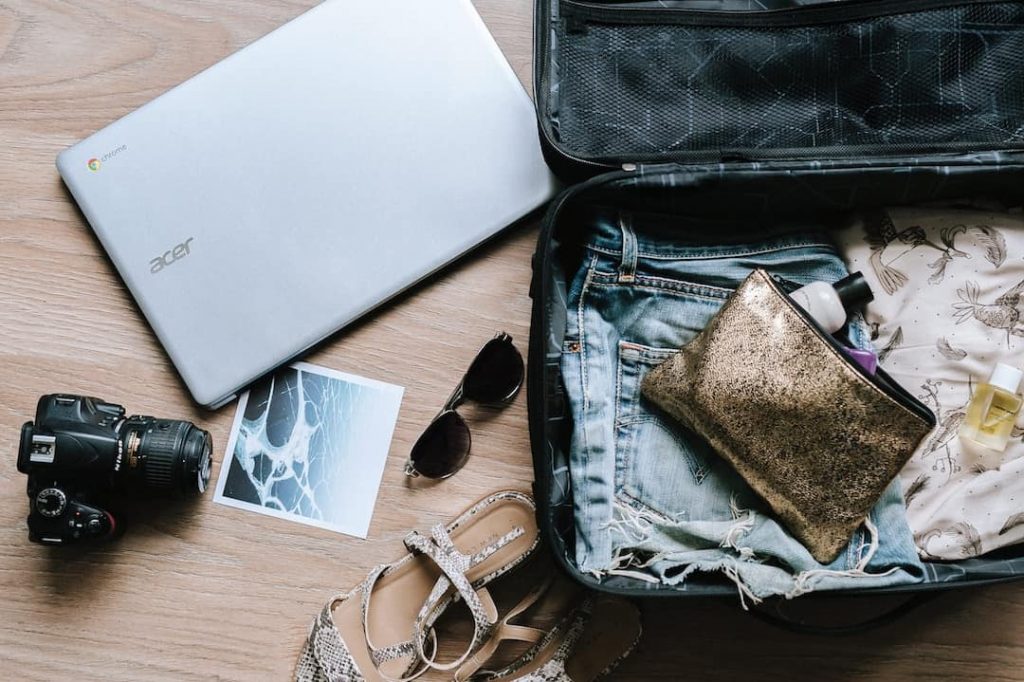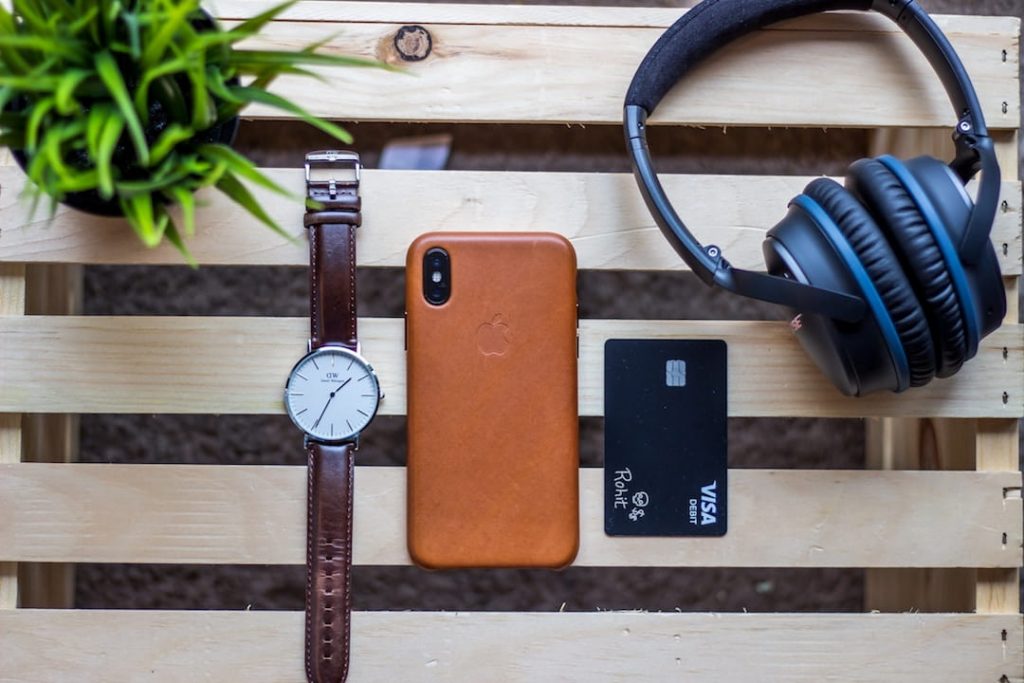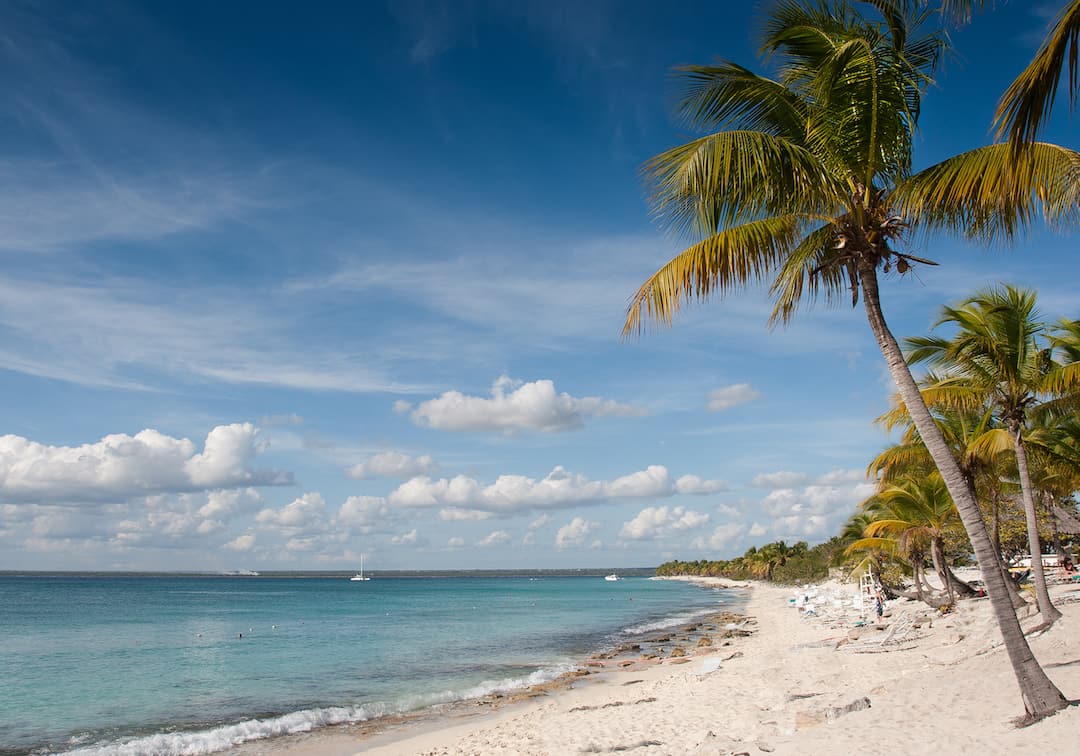A true “without a paddle moment” when travelling is when you find yourself in Europe, Africa, or anywhere for that matter without your debit card. Not having funds at your disposal can turn the adventure of a lifetime pretty sour within moments. However, fear not: it doesn’t have to be as horrible and scary as it sounds.
Here’s what to do when things don’t go to plan, or if your card has been stolen, misplaced, damaged, or beocme otherwise unusable.

1. Take a deep breath and scope out the scene
It’s possible you might have dropped your card or left it at the place you last used it. If you’re super lucky, a friendly soul nearby might have picked it up and stored it securely at a nearby location. Or, they might be able to track you down on Facebook or social media and send you a message to advise they are keeping your card safe. Both options might be a little bit wishful, but at the very least if you do find yourself in a pickle, local bystanders may be able to help point you in the direction of the local authorities. Remember: it could always be worse!
2. If you’ve had your belongings (phone, wallet, passport) stolen
First of all, make sure you change your passwords to your accounts that are accessible from your phone immediately by logging on from a hostel computer or borrowing a friend’s phone. Also, make sure you put your phone plan on hold to prevent further access from strangers. Don’t take it upon yourself to track your things down: they can all be replaced, and aren’t worth jeopardizing your safety for.
If your passport has been stolen, your first point of contact should be your local embassy, where they can issue you an emergency passport. A wise idea would be to keep a photocopy of your passport in your luggage for emergencies and to help confirm your identity if this type of situation arises.
3. Contact your bank and report your card stolen
The most feasible options while travelling are to do so online or by contacting your bank on their emergency line through Skype (most 1-800 numbers are free of charge). Acting quickly on this means that if your card has gotten into the wrong hands, there’s less chance of fraudulent activity.
Also, be sure to ask them if they have an affiliate bank you can deal with in destination. Often times the case is that banks will send you an emergency card to a fixed address in a couple of days. Just make sure it’s to a trusted address!

4. Report the item lost to local authorities
Sometimes the language barrier or lack of detail of the incident makes travellers not see the point in contacting local authorities. Don’t think like that, and be sure to report within 24-hours of the incident and keep the report form for insurance purposes, or to share with your bank should there be fraudulent activity.
5. Transfer money to a travel buddy and have them withdraw cash
Doing this will enable you to have the cash you need to carry you through some more travels (or sustain you in the destination) while your emergency card is being sent to you. Then you can circle back to the mailing address once your mail tracker notifies you of its delivery. PayPal or Transferwise are both well-trusted transfer apps. An alternative is setting up a transfer via Western Union and collecting the cash at the allocated destination. See what option has the best exchange rates and the smallest fees for your destination.
6. Contact your travel insurance provider or inquire about your banks travel insurance
In case someone did gain access to your accounts, you have the police report form to provide to your insurance provider or bank as proof of loss. In return, you should be compensated for the claims.
Basic travel insurance plans will reimburse you if there was any activity on your account, provided that you have the proper documentation. However, there’s a lengthy list of exclusions as to what they won’t cover. More comprehensive insurance plans will go insofar as giving you 24-hour assistance on top of added coverage.

7. Be cool and don’t forget to enjoy yourself!
You’ve done all that you can. Bad things sometimes happen, but don’t let it change your impression of a place. Make positive memories to wipe out the bad ones.
Prevention tips
- A basic travel insurance plan will save you if your big-ticket items get lost or stolen. By paying for the service you’ll end up incurring less of a loss.
- Keep a hand on your purse or put your belongings to the front of you, as close to your body as possible.
- Carry backup cards and stow it in a separate baggage compartment.
- With that being said, don’t leave all of your valuables in the same place.
- Be aware of your surroundings and don’t go into dodgy areas, especially at night.
- When using ATMs, use ones from a recognized bank so that you don’t get scammed or the machine doesn’t eat your card.
Feeling ready to go? Find your next tour here with TourRadar.


